What regime should follow the new system of COVID-19 restrictions when they reach their scheduled conclusion date on 1 December, assuming they succeed in reducing the incidence of the virus to a level which no longer threatens the hospital system? This was the issue the Government faced as the first wave subsided last June and it is now clear that the resurgence of the virus, whose second wave is exacting a high economic cost, had its origins in the decisions taken at that time.
Impressed with the fall in new cases and the declining pressure on the health system, the minority Fine Gael government, still in office pending the formation of the three-party coalition, decided to accelerate relaxation of the measures which suppressed the virus.
Most countries around Europe followed the same course, unfortunately with the same results. Nearly all European countries, including Ireland, have reported record daily numbers of new cases over the last week and the incidence of the disease is higher than at the worst of the initial outbreak in March which provoked the first round of severe restrictions.
The under-estimation seems to have been due to inadequate testing and politicians chose to ease restrictions
When these restrictions were relaxed in May and June, the prevalence of infection was under-estimated and there was a sufficient reservoir of infection to seed the second wave. The under-estimation seems to have been due to inadequate testing and politicians chose to ease restrictions, under pressure from business groups shouldering ruinous financial costs from lockdowns.
The public were also tired of the disruption to daily life and millions of people had lost their jobs or seen sharp income reductions. The easing of restrictions was popular and the arrival of a second wave was not seen as inevitable. It needs to be remembered that not all experts at the time advised against the premature relaxation of the measures in place.
There were contrary views expressed, including the view that it might be possible to fully suppress the virus in the summer, the so-called Zero-COVID strategy, and there were proponents of Zero-COVID in Ireland.
Proponents of Zero-COVID do not claim, as the Taoiseach appeared to imply in his speech on Monday evening, that total elimination is the measure of the strategy’s success
They have argued recently that there should be no premature relaxation of measures now that a second period of restrictions has commenced and they take their inspiration from countries in Asia that have managed to get their economies and societies back to some kind of normality with very low levels of COVID-19 in circulation. Proponents of Zero-COVID do not claim, as the Taoiseach appeared to imply in his speech on Monday evening, that total elimination is the measure of the strategy’s success.
An interesting example is South Korea, a prosperous country with democratic institutions and a free press. It cannot be objected that whatever has been achieved in South Korea is due to totalitarian government and a police state apparatus, allegations sometimes made about China, where the epidemic started and where it has been virtually extinguished.
South Korea has deep economic links with China, but infection was controlled and new cases topped 1,000 per day only briefly
Figure 1 shows the incidence of positive tests in South Korea, where the recent figures have been under 100 cases per day, equivalent to 10 a day for Ireland’s population.
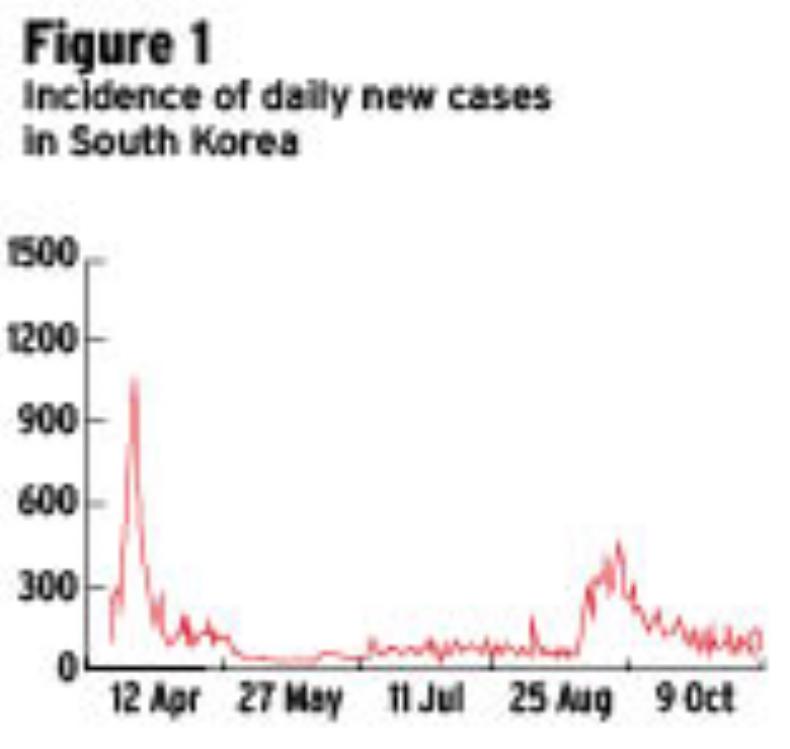
The population of South Korea is 51m, about 10 times the population of Ireland. There was early intervention in the first weeks of the pandemic in February with severe restrictions on travel.
South Korea has deep economic links with China, but infection was controlled and new cases topped 1,000 per day only briefly. The authorities also implemented an effective track-and-trace system and brought case numbers down to negligible levels by April. They decided to re-open the economy in July, including nightclubs and bars in Seoul, sparking an outbreak and their instant closure.
The Koreans have not eliminated COVID-19 but they have demonstrated that a policy permitting almost a full reopening of the economy is possible. In recent days, there have been more new cases in the city of Cork than in all of South Korea.
The Government seems to accept that a cycle of see-sawing waves of the virus is the only alternative
On Monday night the Taoiseach revealed that NPHET had advised the Government against a Zero-COVID target, describing it as ‘…simply not a realistic option.’ This advice had not been publicly revealed and should now be released. The Government seems to accept that a cycle of see-sawing waves of the virus is the only alternative. The record from South Korea, and from some other countries in Asia including Taiwan, is that the best way to fix the economy is persistence in controlling the virus.
Read more
Level 4 coronavirus restrictions: marts to remain open
Finding a future for our hospitality sector
What regime should follow the new system of COVID-19 restrictions when they reach their scheduled conclusion date on 1 December, assuming they succeed in reducing the incidence of the virus to a level which no longer threatens the hospital system? This was the issue the Government faced as the first wave subsided last June and it is now clear that the resurgence of the virus, whose second wave is exacting a high economic cost, had its origins in the decisions taken at that time.
Impressed with the fall in new cases and the declining pressure on the health system, the minority Fine Gael government, still in office pending the formation of the three-party coalition, decided to accelerate relaxation of the measures which suppressed the virus.
Most countries around Europe followed the same course, unfortunately with the same results. Nearly all European countries, including Ireland, have reported record daily numbers of new cases over the last week and the incidence of the disease is higher than at the worst of the initial outbreak in March which provoked the first round of severe restrictions.
The under-estimation seems to have been due to inadequate testing and politicians chose to ease restrictions
When these restrictions were relaxed in May and June, the prevalence of infection was under-estimated and there was a sufficient reservoir of infection to seed the second wave. The under-estimation seems to have been due to inadequate testing and politicians chose to ease restrictions, under pressure from business groups shouldering ruinous financial costs from lockdowns.
The public were also tired of the disruption to daily life and millions of people had lost their jobs or seen sharp income reductions. The easing of restrictions was popular and the arrival of a second wave was not seen as inevitable. It needs to be remembered that not all experts at the time advised against the premature relaxation of the measures in place.
There were contrary views expressed, including the view that it might be possible to fully suppress the virus in the summer, the so-called Zero-COVID strategy, and there were proponents of Zero-COVID in Ireland.
Proponents of Zero-COVID do not claim, as the Taoiseach appeared to imply in his speech on Monday evening, that total elimination is the measure of the strategy’s success
They have argued recently that there should be no premature relaxation of measures now that a second period of restrictions has commenced and they take their inspiration from countries in Asia that have managed to get their economies and societies back to some kind of normality with very low levels of COVID-19 in circulation. Proponents of Zero-COVID do not claim, as the Taoiseach appeared to imply in his speech on Monday evening, that total elimination is the measure of the strategy’s success.
An interesting example is South Korea, a prosperous country with democratic institutions and a free press. It cannot be objected that whatever has been achieved in South Korea is due to totalitarian government and a police state apparatus, allegations sometimes made about China, where the epidemic started and where it has been virtually extinguished.
South Korea has deep economic links with China, but infection was controlled and new cases topped 1,000 per day only briefly
Figure 1 shows the incidence of positive tests in South Korea, where the recent figures have been under 100 cases per day, equivalent to 10 a day for Ireland’s population.

The population of South Korea is 51m, about 10 times the population of Ireland. There was early intervention in the first weeks of the pandemic in February with severe restrictions on travel.
South Korea has deep economic links with China, but infection was controlled and new cases topped 1,000 per day only briefly. The authorities also implemented an effective track-and-trace system and brought case numbers down to negligible levels by April. They decided to re-open the economy in July, including nightclubs and bars in Seoul, sparking an outbreak and their instant closure.
The Koreans have not eliminated COVID-19 but they have demonstrated that a policy permitting almost a full reopening of the economy is possible. In recent days, there have been more new cases in the city of Cork than in all of South Korea.
The Government seems to accept that a cycle of see-sawing waves of the virus is the only alternative
On Monday night the Taoiseach revealed that NPHET had advised the Government against a Zero-COVID target, describing it as ‘…simply not a realistic option.’ This advice had not been publicly revealed and should now be released. The Government seems to accept that a cycle of see-sawing waves of the virus is the only alternative. The record from South Korea, and from some other countries in Asia including Taiwan, is that the best way to fix the economy is persistence in controlling the virus.
Read more
Level 4 coronavirus restrictions: marts to remain open
Finding a future for our hospitality sector




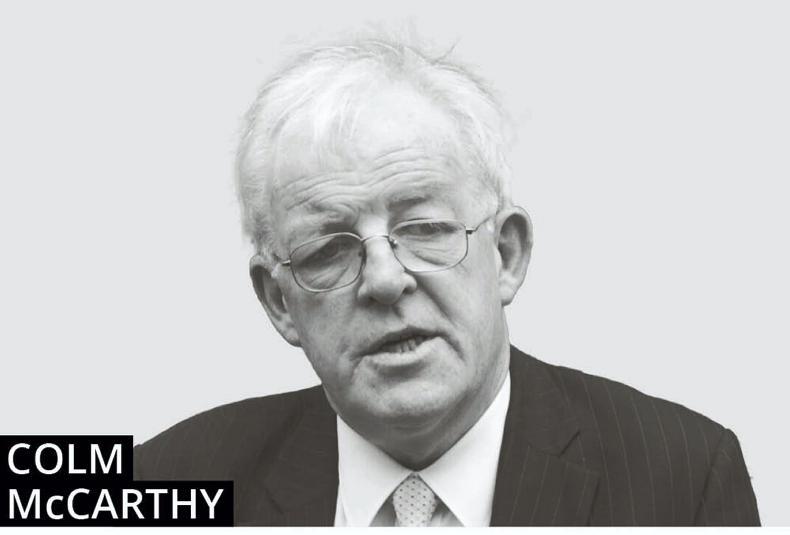


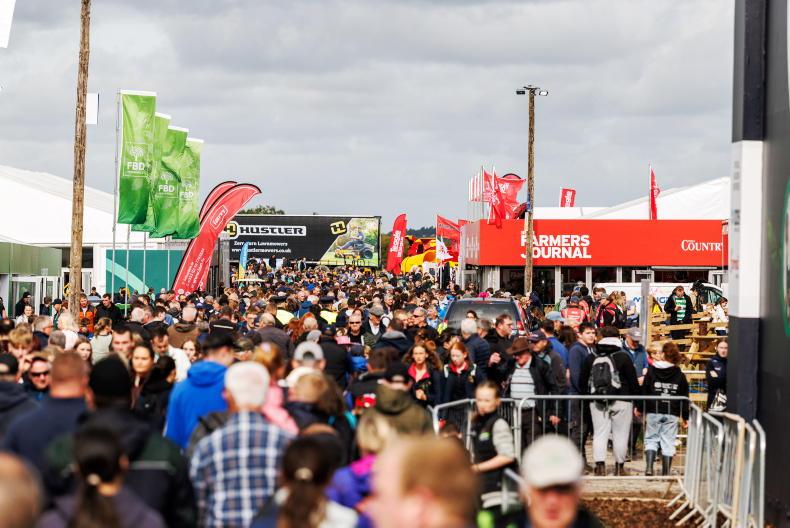
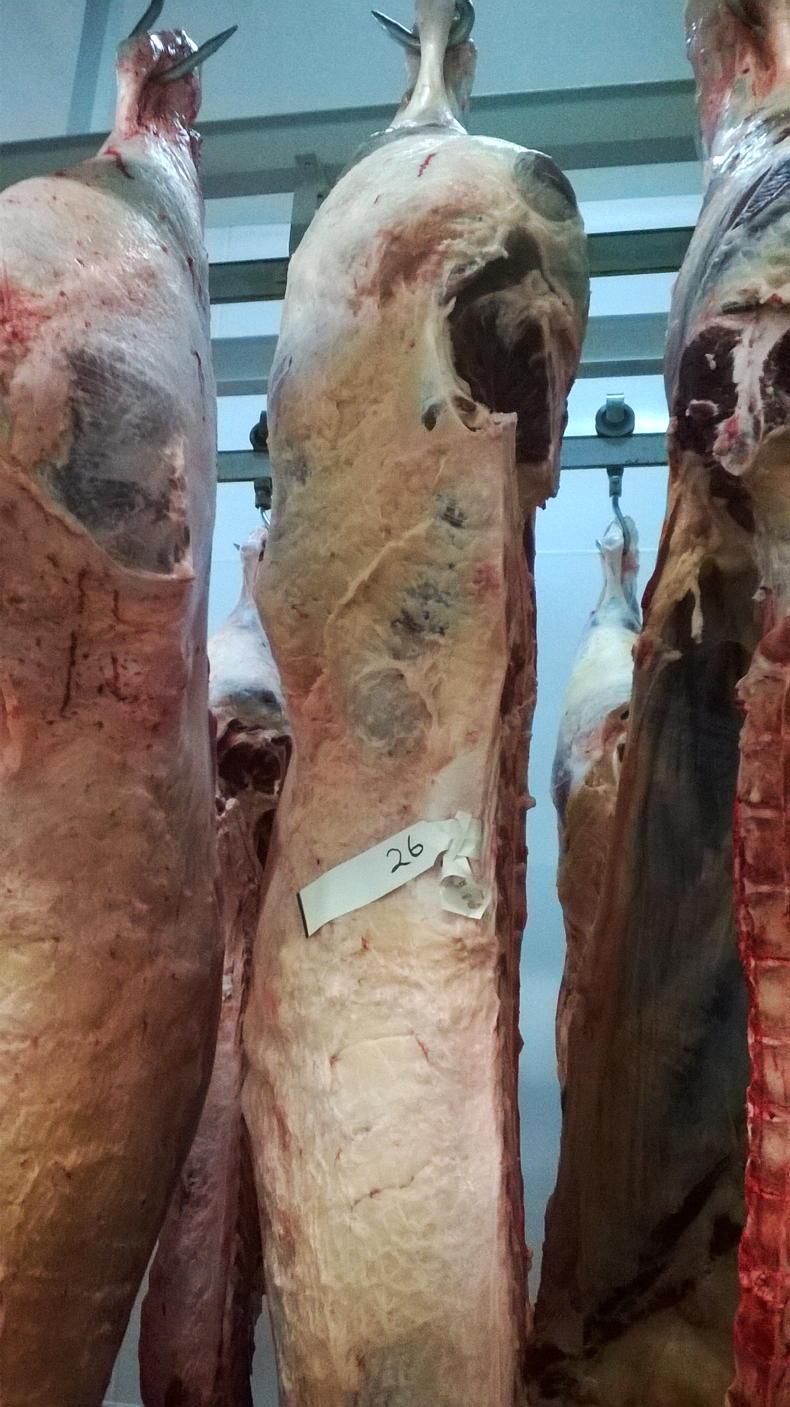
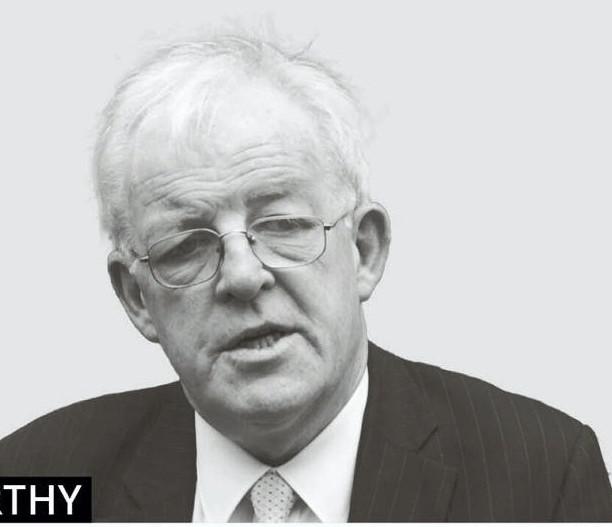
SHARING OPTIONS